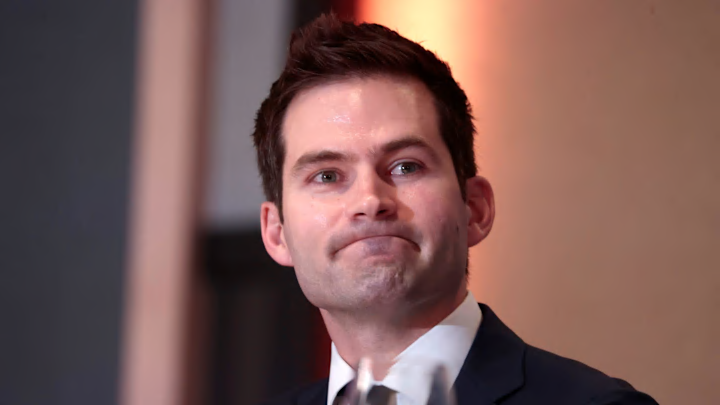Draft: B
Many people may be surprised by the respectable grade for the draft, but allow us to delve into why.
Harris opted to take a player in Max Clark, whom he believed had the highest ceiling in the draft, over Wyatt Langford, who could help the Tigers out sooner rather than later. Many people are still upset about that, especially since Langford as raked ever since he was drafted, and is already in Triple-A in the Texas Rangers system.
But here's the difference — Clark is an 18-year-old drafted out of high school, and Langford is a 21-year-old drafted out of college. Of course Langford is going to be ahead of Clark in his development. He's got three years on him.
Clark can still be great player. He may not even be done growing yet. Pump the brakes, people.
With that out of the way, the rest of the draft is looking pretty solid so far. Harris and Mark Conner took a different approach than the Avila regime, opting for the best hit tools possible, rather than just taking the best college player available and hoping for the best.
That looks to be a pretty good strategy so far, though it's still very early. Kevin McGonigle was considered by many to be a first-round talent, and the Tigers nabbed him with the 37th overall pick. He hit .350 and walked more than he struck out in 18 games in Low-A.
The Tigers took nine high school players in total, which was the most prep players they had taken in years. It's a different strategy, and we're here for it.
Harris gets a B for the draft. The early returns have been solid. Hopefully they stay that way.
